Talks
We have an exciting range of guest speaker CPD sessions for teachers to attend. You are able to attend TWO sessions:
- 12:00 SESSION 1 talks
- 14:30 SESSION 2 talks
On sign up for your event ticket we will ask you to choose your session talks from the list below.
Please note this event is not suitable for students. The talks all focus on the professional development for teachers.
1) Meet the Smart Revise team
Talk by: Craig'n'Dave and team
A town hall style meeting where you will have the opportunity to ask our team anything you like. The features in Smart Revise are developed based on teacher's feedback, and this is your opportunity to shape the future of the product.
- Do you have feedback about our existing features?
- Is there a small addition that would make a big difference to you?
- Do you want to know more about "The journey" to raise attainment and reduce workload?
- Do you want an update on a feature request you have already suggested?
- Do you want to have a chat about the pedagogical approaches?
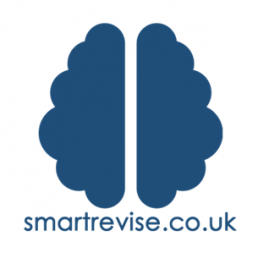
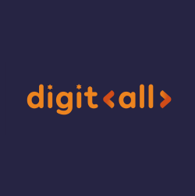
2) Coding for Climate Action and Sustainable Computing
Talk by: Peter Marshman
Find out about the new Coding for Climate Action unit of work in collaboration with Digit<all> and Amazon Future Engineer. These units of work for KS2 and KS3 are mapped to the Teach Computing Curriculum and provide pupils with the opportunity to explore natural hazards and build early warning systems with the micro:bit. We'll also be sharing the new hour of code versions of these resources. Alongside this, Digit<all> will be sharing details of the new sustainable physical computing resources including the Llamagotchi! During the session there will be opportunities to hear about the wider free support from the charity including in-school workshops, grants for schools, professional development and the new CODE Awards for young people.
3) Using Ada CS to support teaching databases and SQL at A-level
Talk by: Diane Dowling
Teaching the database topic on an A-Level specification can be challenging. In addition, the level of knowledge and understanding needed for a top grade coursework project is a large step up from what is required for the theory exams.
In this practical session you will have a chance to test drive the resources on Ada that support this area of study, including a new database project and our embedded SQL editor. Bring your laptop so you can make the most of the session.
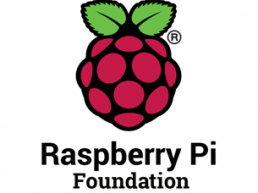
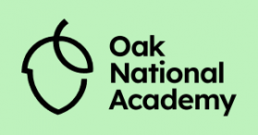
4) What would you like to see in an Oak National Academy computing curriculum?
Talk by: Stuart Davison
Oak National Academy is a Government arm's-length body that is creating a model computing curriculum for teachers to use as a starting point for their own local curriculum.
Designing great curricula is complex. It requires a great deal of expertise and time - and time is a scarce commodity in schools. Teachers have told us they want help navigating this complexity. We asked 5,000 teachers what support they would like to develop their curricula; 59% said access to high-quality models.
This is where Oak can help - we can’t plan a curriculum that is contextualised for your school and pupils, and nor should we try. However, we can share high-quality models representing great design from across the sector to inspire and inform your own thinking. This will be supported by the best available evidence of what works and be guided by our expert group of serving teachers and computing educators.
This workshop is your chance to let us know what you want from the Oak computing curriculum. It will be an interactive discussion where we listen to your views to help shape what we do. Please bring with you your curriculum opinions and be prepared to share them!
5) Cyber Choices
Talk by: Hannah Link & Adrian Bacon
Find out about:
- The Regional Cyber Crime Unit / Policing UK and the various staff roles.
- All sections of the Computer Misuse Act with examples of how this sits within the Law.
- Explain the difference between legal and illegal cyber activity.
- Our referral mechanism and how adults can refer into our team for one-to-one support of a young person.
- How we promote legal and ethical cyber opportunities.
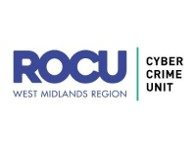
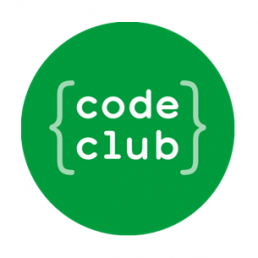
6) AM Session: Getting started with Code Club using Scratch
Talk by: Rujeko Moyo
Learn about Code Club and discover how learners benefit from coding and digital making in non-formal learning spaces. Through a practical coding session in Scratch, you'll experience how our fun projects allow learners to express their creativity and personalities, while growing their confidence and independence in coding.
7) PM Session: Using AI activities in your Code Club
Talk by: Jody Carter
Learn about the Code Club environment and how it can be used to nurture a wide variety of digital making skills, while growing learners confidence and independence in coding. Through a fun, practical, step-by-step AI activity using basic machine learning and Scratch, you’ll sample our resources that are available to use in your Code Club spaces.
8) Onscreen assessment and the direction of travel
Talk by: Ceredig Cattanach-Chell
Take a look at the development of onscreen assessment, the challenges and the way forward from a Computer Science subject advisor.
View and discuss the progress being made by OCR towards their proposed 2025 first release and how this is shaping the final product, based on teacher feedback.
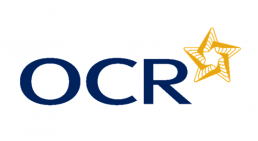
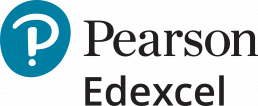
9) Find out why over 13,000 students have taken our onscreen assessment paper since 2022
Talk by: Tim Brady
Hear from our Subject Advisor, Tim Brady and find out more about teaching for the future with our onscreen assessment. Hear how our Pearson Edexcel GCSE Computer Science qualification equips students with the knowledge and practical skills to thrive in the fast-changing world of Computer Science. Our qualification offers:
- innovative, practical onscreen assessment to ensure all students develop the computational skills they need for an exciting digital future beyond the classroom;
- the combination of written and practical elements balances theory and practical application providing a rounded experience of Computer Science;
- the ramping in our papers means they have a gradual increase in difficulty, helping build confidence for students as they work through the questions.
10) Powerful knowledge in Computer Science
Talk by: Alan Harrison
Alan attempts to explain the GCSE Computer Science curriculum in under 60 minutes.
Subject knowledge is vital for success, so in this whistle-stop tour of the GCSE content, Alan will present the key concepts such as abstraction, binary and the Von Neumann architecture and where they came from. Explore some pedagogical techniques and become a more confident teacher.
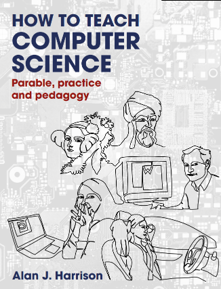


11) DataFace: Bringing Data to Life
Talk by: Karen Morris & Sarah Cooksley
What is DataFace?
"Equipping Gen Z for the jobs of tomorrow"
DataFace enables young people in Y8/9 to tell the stories they care about through the gathering and presentation of data.
Tell me more!
DataFace equips teachers and students with the skills and confidence to interrogate data – big and small – and present their findings creatively. It draws on core data skills, broader power skills and data visualisation techniques to encourage students to find the stories they care about through the gathering and presentation of data. Working with four core datasets focused on environmental responsibility, gender equality and the cost-of-living crisis along with a range of short teaching videos, students develop their skills and produce a creative visual outcome. Schools deliver the project and hold an in-school data visualisation presentation. The work from each school will then be exhibited on the upcoming DataFace website.
Aims
Through participating in DataFace, students will:
- Understand the relationship between data and everyday life.
- Develop a sensitivity to the ethics and security implications of data science.
- Increase data literacy.
- Develop employability skills, specifically: creativity & innovation, teamwork, communication, problem solving, decision-making & initiative.
12) What's new from the NCCE? How we can support your delivery?
Talk by: Simon Roberts
Join Simon Roberts from the National Centre for Computing Education as he explores exciting new initiatives and resources provided by the NCCE.
Discover updates on:
- Professional development
- Improvements to the Teach Computing Curriculum
- Our new A Level certificate
- Student enrichment programme
- How developments with Isaac Computer Science will support both your GCSE and A Level students
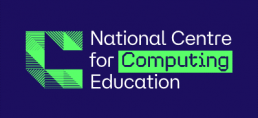
13) Just One Thing... for Computer Science Teachers
Talk by: Chris Sharples
If you have time to change just one thing about your teaching, what would be the most effective change for the effort that you are making?
I love sharing ideas about how we can improve Computer Science Teaching and Learning in our classrooms. I'm still teaching, but I'm also lucky to be involved with writing and leading with the NCCE units on assessment and learning. Please come along and find out more about the following:
- Misconceptions in Computer Science
- Diagnostic questions for improving student learning - and yours!
- Free collections of MCQs (Multiple Choice Questions) and there’s always ChatGPT.
- Using Trinket to help you and your students have an easy life
- Narratives for students to learn Computer Science more effectively
- Ideas of core and hinterland content
- Rosenshine’s principles and formative assessment
- Low stakes testing
- I belong and getting more girls to choose Computer Science
I have a lot of ideas and resources to share including some sample diagnostic starter questions to help with programming misconceptions, helped by colleagues on the Pearson/Edexcel Facebook group.

